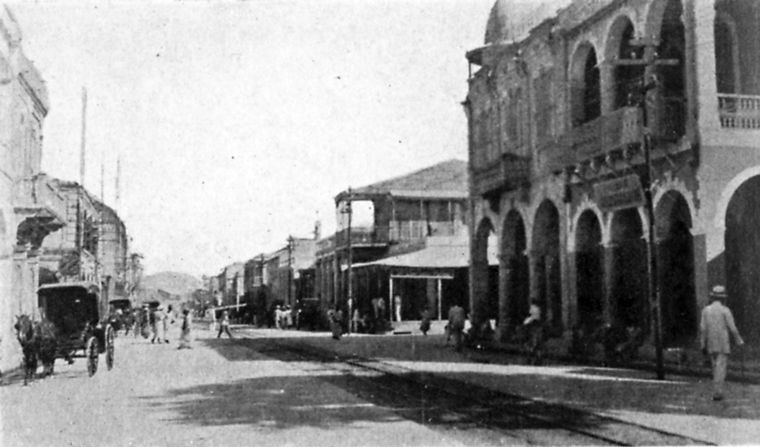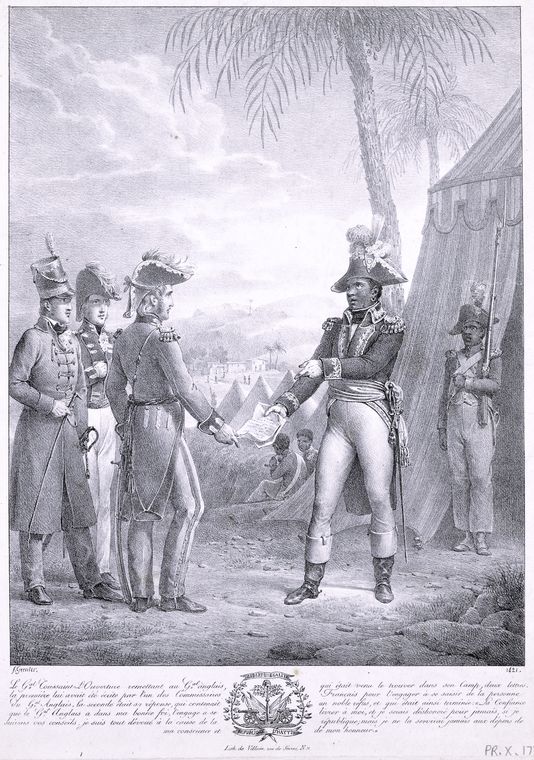, Biblio File
Reading Haiti
“When you write, you give your version of reality.” —Maryse Condé
Many, many people have been motivated by the catastrophe in Haiti to donate, including one librarian who donated $10,000 of his personal savings and whose fundraising efforts were picked up by several blogs. Librarians can contribute in a different way, as well, by highlighting the wealth of literature that Haiti and the Caribbean offer.
The traditions of Haitian and French Antillean literature are both very different, as Jean Jonaissant details in “Literatures in the Francophone Caribbean,” but there is a shared understanding in the literature based on several historical, cultural, and ideological movements.
One of these movements, la Négritude, originated in the 1930s and was heavily influenced by the Harlem Renaissance in the United States and by Haitian history including the slave revolt led by Toussaint L’Ouverture in the 1790s. Some of the foremost thinkers of this movement were from the Caribbean, including two of the three founders: Aimé Césaire, a poet, playwright, and politician from Martinique; and Léon Gontran Damas, a poet from French Guiana. The other founder was the poet Léopold Sedar Senghor who later became President of Senegal.
The 1980s brought Créolité, a movement born in Martinique and represented by writers Patrick Chamoiseau, Raphael Confiant, and Jean Bernabé. It differed greatly from Négritude, which encompassed the entire black world. Créolité is concerned only with the Caribbean world made of descendants of Africans, but also of Europeans and East Indians. Earlier, Edouard Glissant from Martinique had built upon the concept of Antillanité ("Caribbeanness") which also has the Caribbean and meso-America at its center. Today, most Caribbean literature is written in both Creole and French. Maryse Condé, an author who currently lives in the New York area, talks about what she perceives as “authentic” in this interview.
 Arguably, the most well-known Haitian author to New Yorkers is Edwidge Danticat, winner of both the Pushcart Prize and the National Book Award before she reached the age of thirty. Ms. Danticat was born in Port-au-Prince, Haiti, and moved to New York at the age of twelve to a Haitian American neighborhood in Brooklyn. Her writing has been celebrated for showing the character and strength of spirit of Haitians instead of the misery that is often portrayed by the media. Breath, Eyes, Memory, Krik? Krak! and The Farming of Bones are among her best-known works.
Arguably, the most well-known Haitian author to New Yorkers is Edwidge Danticat, winner of both the Pushcart Prize and the National Book Award before she reached the age of thirty. Ms. Danticat was born in Port-au-Prince, Haiti, and moved to New York at the age of twelve to a Haitian American neighborhood in Brooklyn. Her writing has been celebrated for showing the character and strength of spirit of Haitians instead of the misery that is often portrayed by the media. Breath, Eyes, Memory, Krik? Krak! and The Farming of Bones are among her best-known works.
For more see “Haiti in Ink and Tears: A Literary Sampler” in the New York Times.
Special thanks to Sylviane A. Diouf, Ph.D., Curator of Digital Collections, Schomburg Center for Research in Black Culture.
Read E-Books with SimplyE
 With your library card, it's easier than ever to choose from more than 300,000 e-books on SimplyE, The New York Public Library's free e-reader app. Gain access to digital resources for all ages, including e-books, audiobooks, databases, and more.
With your library card, it's easier than ever to choose from more than 300,000 e-books on SimplyE, The New York Public Library's free e-reader app. Gain access to digital resources for all ages, including e-books, audiobooks, databases, and more.
If you don’t have an NYPL library card, New York State residents can apply for a digital card online or through SimplyE (available on the App Store or Google Play).
Need more help? Read our guide to using SimplyE.

